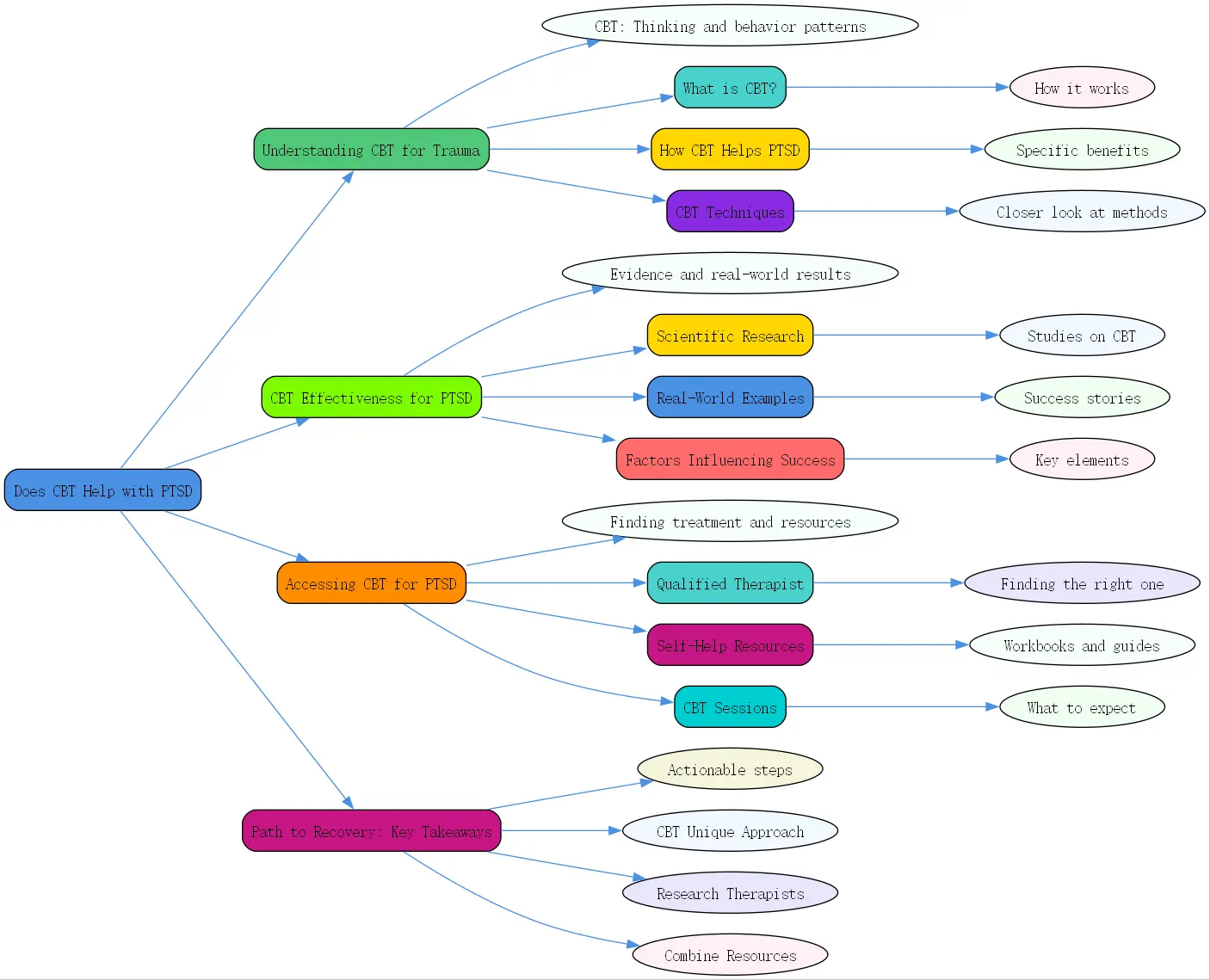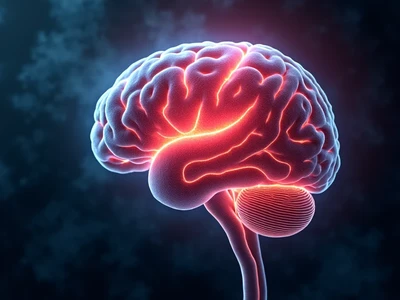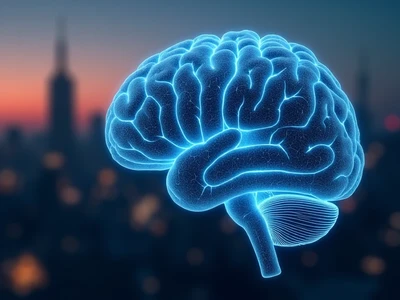Does CBT Help with PTSD? Understanding Cognitive Behavioral Therapy for Trauma

Cognitive Behavioral Therapy (CBT) is a well-established psychological treatment that has been scientifically proven to be effective in managing numerous mental health conditions, including Post Traumatic Stress Disorder (PTSD). This therapy focuses on identifying, understanding, and changing thinking and behavior patterns. But how does it specifically help with PTSD, and what makes it different from other therapies?
What is CBT and How Does it Work?
CBT is structured around the concept that our thoughts, feelings, and behaviors are interconnected, and that altering negative thoughts and behaviors can lead to a change in our emotional state. Unlike other therapies that delve into past experiences, CBT is generally more focused on present thoughts and behaviors.
- Core principles include identifying distorted thinking, modifying beliefs, and changing behaviors.
- CBT differs from other therapies in its problem-focused, goal-oriented approach.


How Does CBT Help PTSD Specifically?
PTSD symptoms can be intense and persistent, making daily functioning challenging. CBT addresses these by:
- Easing trauma-related thoughts and diminishing the power they have over emotions.
- Implementing techniques like exposure therapy and cognitive restructuring helps manage anxiety and fear.
CBT Techniques for PTSD: A Closer Look
Several specific CBT techniques are beneficial for PTSD:
- Exposure Therapy: This involves the safe, controlled exposure to the memories and situations that trigger trauma responses.
- Cognitive Restructuring: This technique challenges and modifies harmful beliefs related to the trauma.
- Stress Inoculation Training: It teaches coping strategies to manage stress and anxiety, which are common in PTSD.
Does CBT Work for PTSD? Examining the Evidence and Effectiveness
Scientific Research and Studies on CBT for PTSD
Research consistently supports the efficacy of CBT in treating PTSD. Meta-analyses and clinical trials have shown it not only helps reduce the symptoms of PTSD but also improves overall well-being.
- Comparison with other treatments: Studies suggest CBT is often more effective than other forms of therapy or medication alone, especially when addressing complex trauma.
Real-World Examples and Success Stories
Across the globe, numerous individuals with PTSD have seen significant improvements in their symptoms and life quality through CBT. From veterans to accident survivors, the transformative power of CBT is evident in various case studies and testimonials.

Factors Influencing the Success of CBT for PTSD
The effectiveness of CBT can depend on several factors including:
- The severity and type of the trauma experienced.
- Commitment to the therapy process and the techniques learned.
- The skill and experience of the therapist.
How to Access CBT for PTSD: Finding the Right Treatment and Resources
Finding a Qualified CBT Therapist
Locating a qualified CBT therapist is paramount. Resources like the American Psychological Association’s directory or referrals from primary care providers can be invaluable.
CBT Workbooks and Self-Help Resources for Anxiety and PTSD
For those looking for self-help options or supplemental materials, various CBT workbooks can be highly beneficial:
- DBT Skills Workbook for Anxiety
- When Panic Attacks
- The Anxiety Journal
These resources can provide structured guidance and exercises to manage symptoms, which can be an excellent complement to formal therapy sessions.
What to Expect During CBT Sessions for PTSD
CBT sessions for PTSD typically include:
- Initial assessment of symptoms
- Goal setting for therapy
- Structured sessions focusing on specific techniques
Expect an active involvement in the healing process, where both the therapist and the patient contribute to the journey toward recovery.
Engaging Your Path to Recovery: Key Takeaways
- Understand CBT’s Unique Approach: Recognizing how CBT’s methods tackle the specific symptoms of PTSD can empower you to seek appropriate treatment.
- Research Potential Therapists: Ensuring your therapist is qualified and experienced in trauma and CBT is crucial.
- Combine Resources: Utilizing both professional therapy and CBT-oriented self-help resources can optimize your path to recovery.




